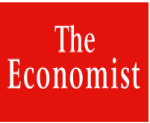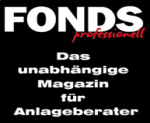
Emerging Market Growth Can Benefit US Plans
Andrew McCollum observes that investors are encouraged to see emerging-market countries broadly shifting from “resource-based, commodity-dependent economies to more diversified and dynamic economies.” This will be a dominant trend for the next...







